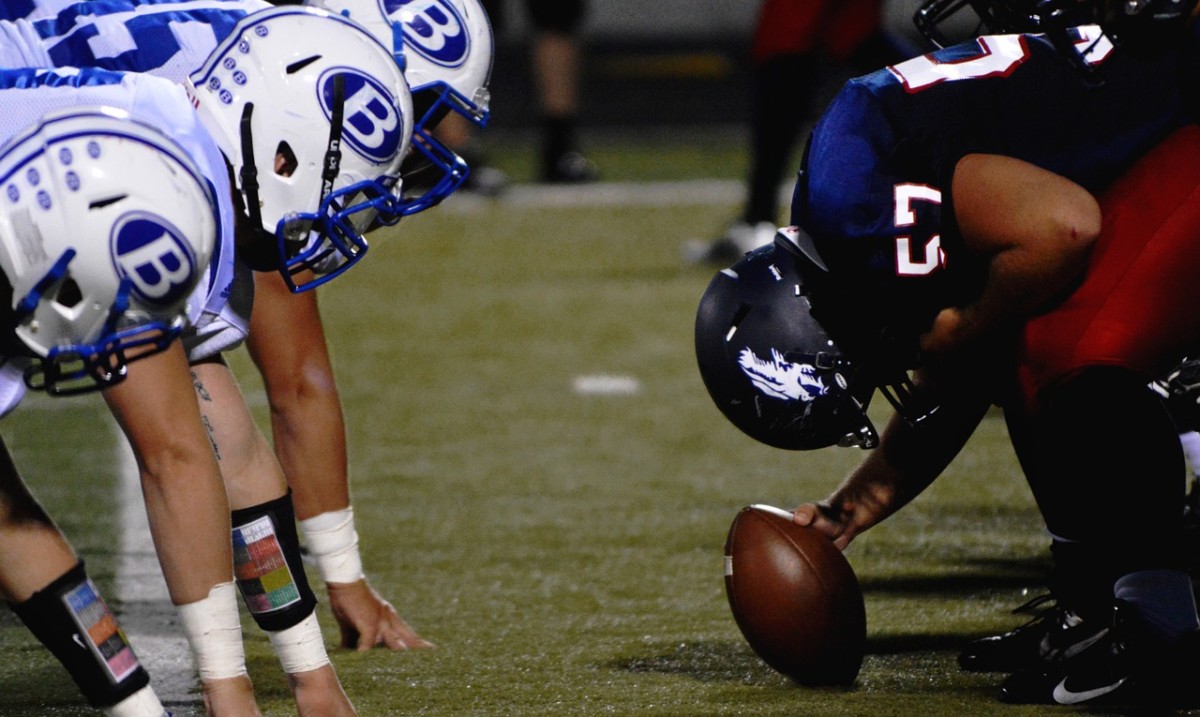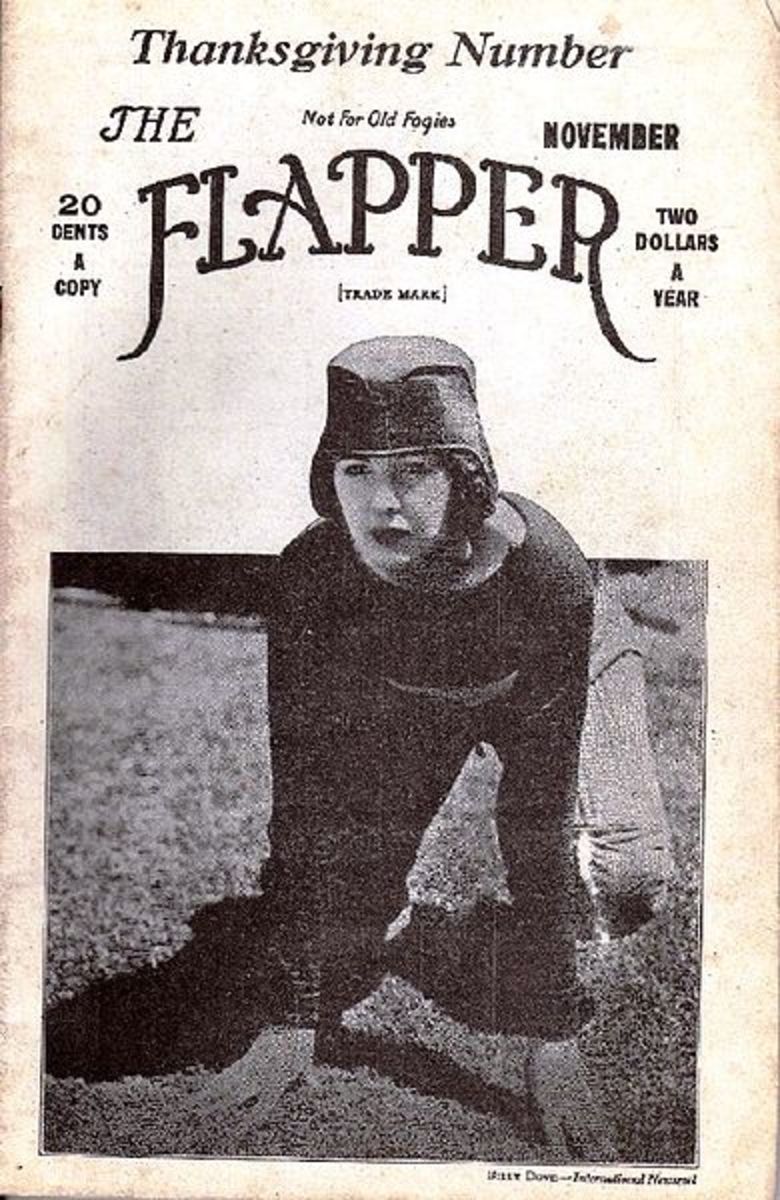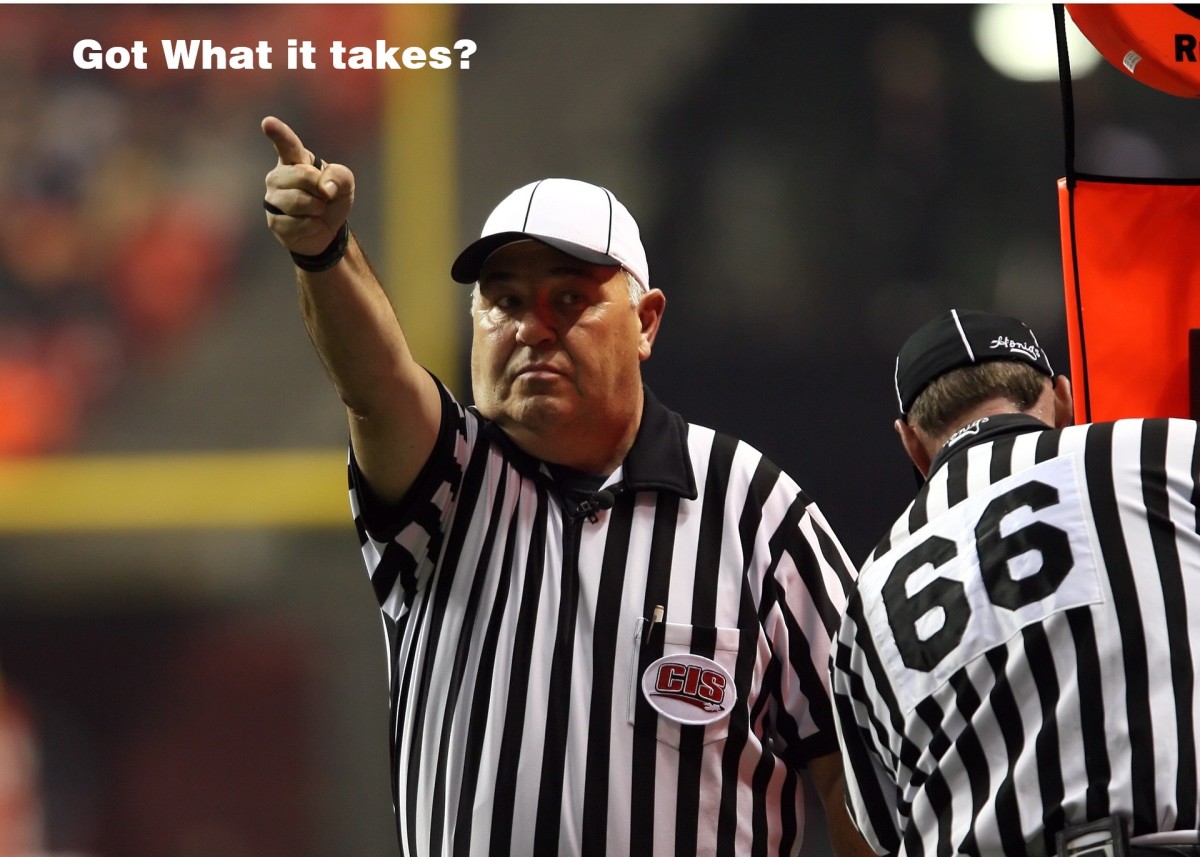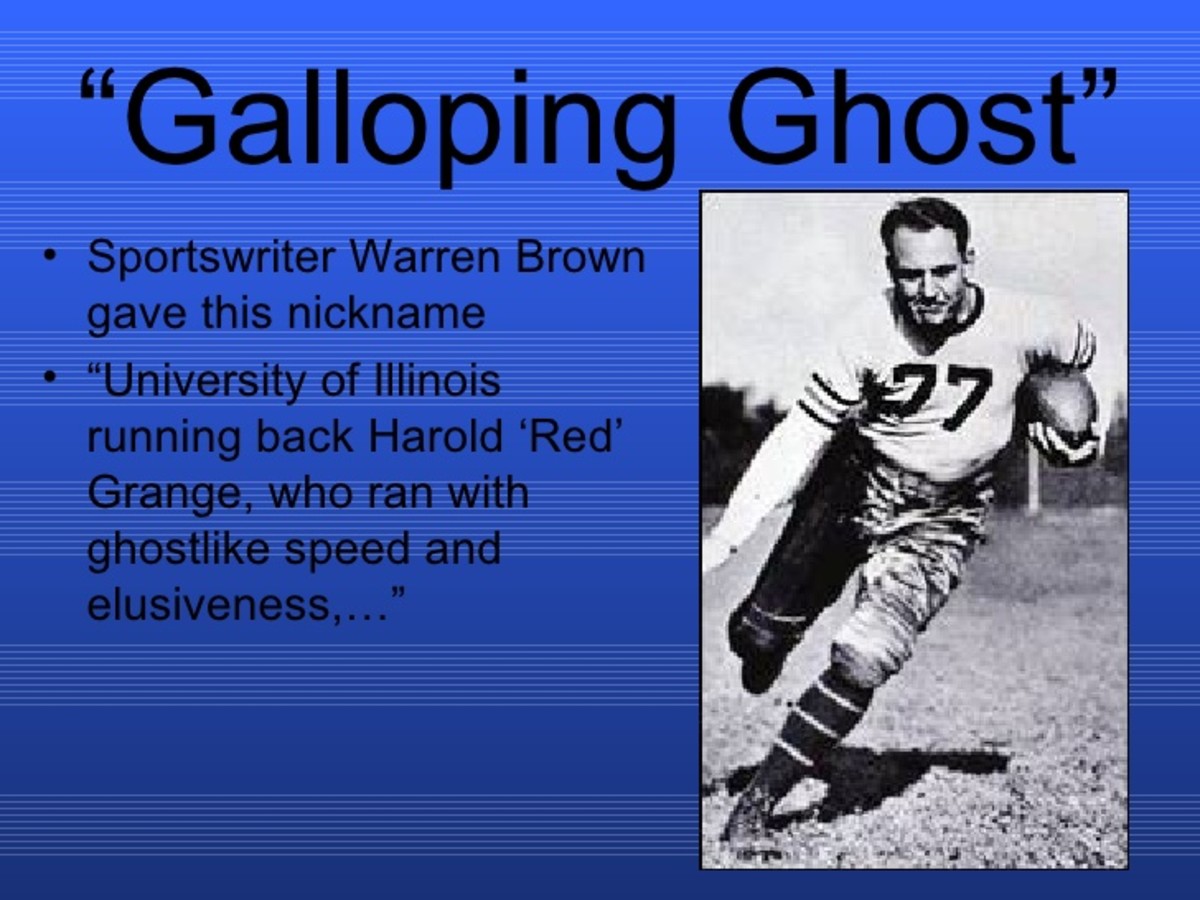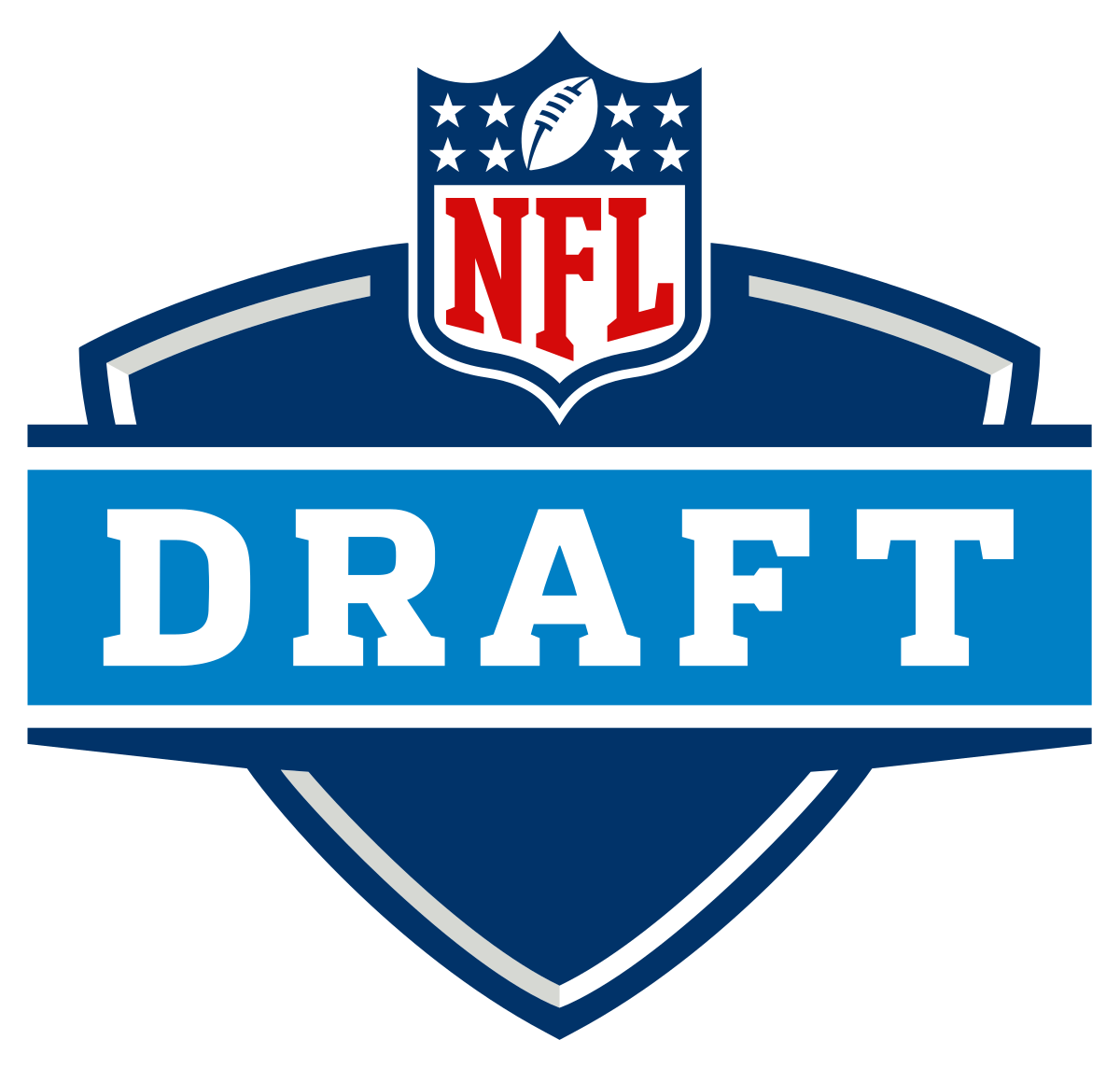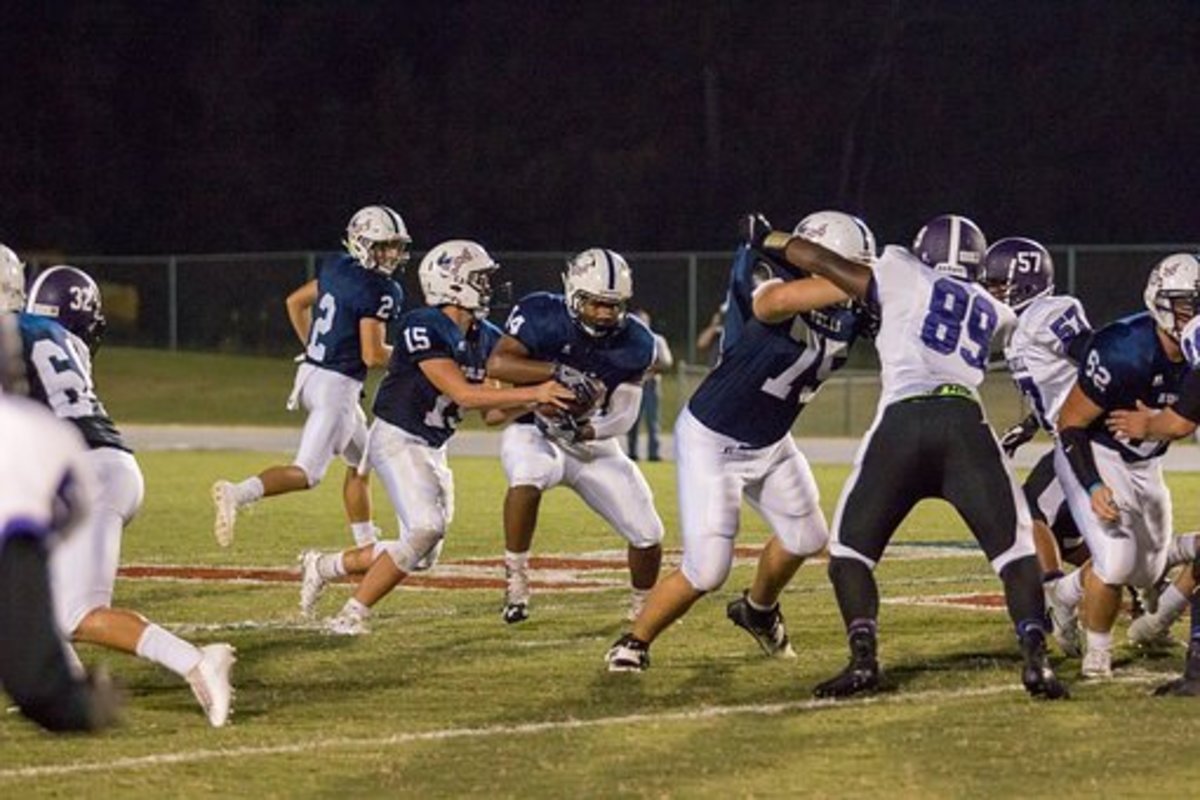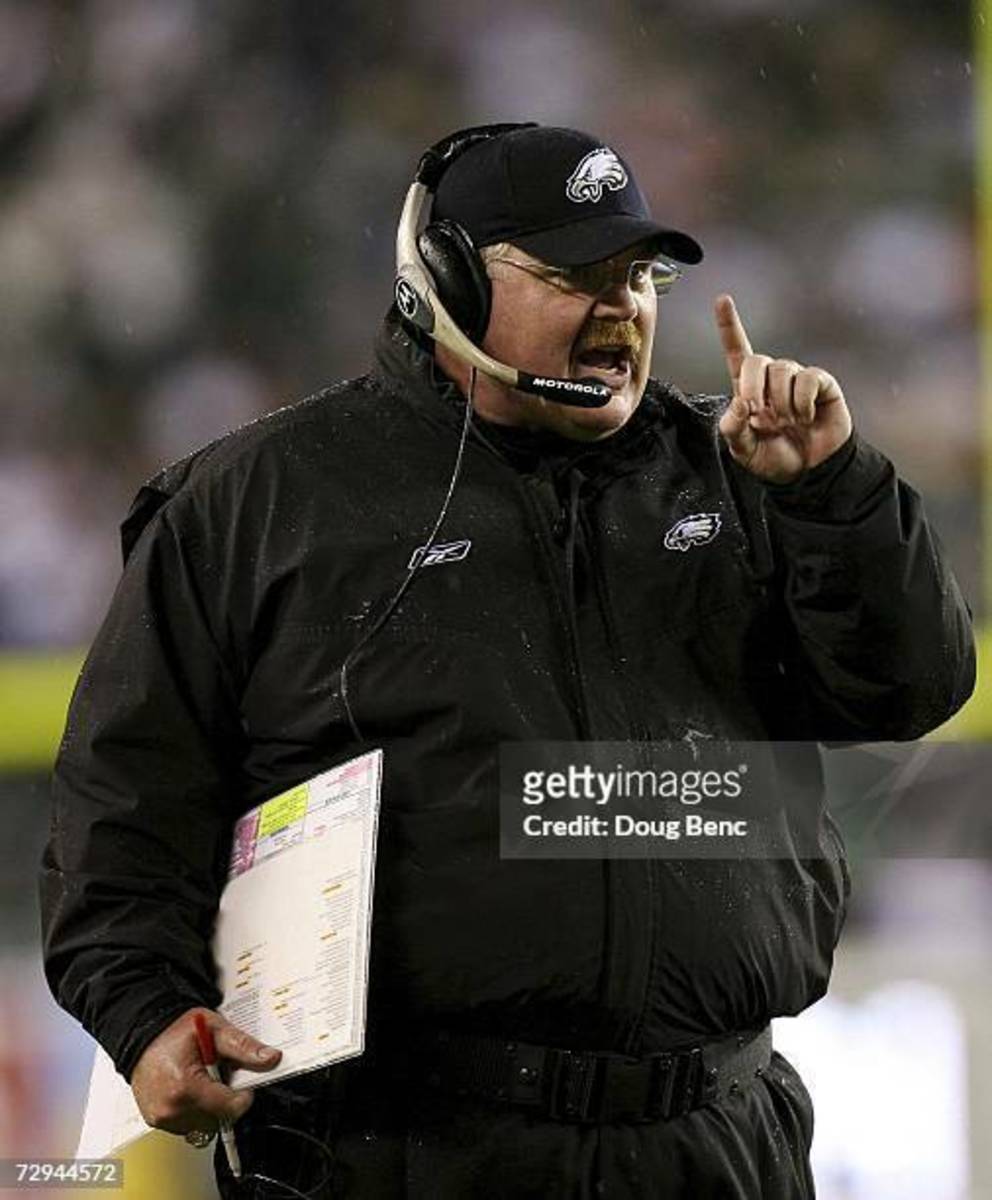Concussions and Other Debilitating Football injuries: Is It Worth It?
My thoughts on this issue
A few weeks ago there was this article in the Los Angeles Times' sports section about a high school football player who's in a life skills program for special needs people because he suffered a near fatal head injury on the field.
The young man was in a coma and had bleeding in his brain after sustaining a second concussion while playing for Dos Pueblos High School near Santa Barbara, CA.
Not only did he have to relearn how to walk, dress himself and use the bathroom due to his injuries, he now has the mentality of someone half his age.
All because of what happened to him on a football field.
In an issue of Sports Illustrated from May of 2001, there was a story called "The Wrecking Yard", focusing on how former National Football League players, many of them household names, have to deal with being cripples after their glory days as Eagles, Dolphins and Falcons were done.
It gave me a big dose of reality to read about legends like Earl Campbell, the bruising Houston Oilers running back and former Heisman Trophy winner who can't raise his foot as a result of nerve damage suffered on the field. He is forced to drag himself up staircases due to arthritis in his hands and can no longer walk long distances.
Being that this was a sports icon of my childhood, one can imagine how it felt to have discovered that.
It was also stunning to read in that same piece about legendary quarterback Johnny Unitas being unable to use his throwing hand after a Hall of Fame career with the then-Baltimore Colts. According to the story, he couldn't hold or pick up anything, needed help with buttoning his shirt and tying his shoes, and also had both knees replaced before passing away a few years ago.
Joe Jacoby, a vital member of the Washington Redskins' "Hogs" offense line during the 1980s, was also mentioned in the article due to severe and constant pain in his knees, lower back and ankles; plus he's no longer able to bend over.
Former New York Giant linebacker Harry Carson was written about as well; due to the multiple concussions he sustained during his 13 year career, which included a victory in Super Bowl XXI, he suffers from bad headaches and memory loss and, according to him, doesn't..."think as clearly as I used to. Nor is my speech (and) selection of vocabulary as good as it used to be..."
The most shocking part of the SI article was former then-Los Angeles Raider offensive lineman Curt Marsh.
Retiring well before his 30th birthday after a mere six years in the NFL, and with more than 20 operations behind him, Marsh not only had both of his hips replaced, his right leg had to be amputated above the ankle after the Raiders' team doctor misdiagnosed it.
Pretty scary, huh?
Please understand - like so many millions across America, I am an avid football fan, particularly of the college kind, although I was into the NFL when I was a youngster.
I know that the gridiron is the nation's top spectator sport with obscene amounts of dollars being spent either watching it or betting on it every Saturday and Sunday from Labor Day through January.
I am also well aware that the NFL's championship game - known to one and all as the Super Bowl - is often the most watched TV show on an annual basis, and in certain parts of this country 20,000 fans watch 15, 16 and 17-year old boys battle with each other over that pigskin ball on Friday Nights.
If you don't believe that, check out Friday Night Lights - the book, the movie, and the television show - sometime.
So when I hear about guys like Campbell, Jacoby and Marsh living as virtual invalids in pain, or teens becoming near-vegetables like Brad Ebner, the high school player that I mentioned at the beginning of this hub, or Eric LeGrand, the Rutgers player who was paralyzed from the neck down during the Scarlet Knights' game against West Point this season, along with the fact the the life span of ex-NFL athletes is shorter than the average American's, I find myself wondering...
Is a few seasons of gridiron fun and glory really worth a lifetime of debilitating pain, or worse?
Many, if not most guys who did their time in helmets and pads, would say yes to that question, they they would do it all over again even if they knew the risks involved, due to the charge they get from running around smashing into people with crowds ranging from up to 20,000 to over 100,000 at certain colleges going crazy for them.
Not to mention all the lovely young women wearing short mini skirts and waving pom-poms on the sidelines cheering and fawning over their every move.
Although I enjoy football as much as the next person, especially the pageantry of the marching bands (which I was involved with), the cheerleaders, the pre-game tailgating and the camaraderie that goes along with that, I admit that there are some times when I'm not sure it it's worth it.
I'm not always sure if being a football star is worth suffering multiple concussions to the point of permanent memory loss, lack of brain function, and having the mentality of a child.
I'm not always sure if being a football hero is worth being unable to bend over or walk without excruciating pain.
And I'm definitely not sure if being a football god is worth having a part of your leg amputated.
I completely understand that the gridiron game is violent by nature, that pain and injuries are part of the package, but the tragedies that I've mentioned in this hub make me think.
With the players being bigger, stronger and faster than ever, combined with the collisions and hits that are given and taken on the head and other places, there's no doubt that crippling injuries and concussions leading to comas and worse will continue.
The worst part of all this, I feel, is that fans will spend a few moments saying - oh so sadly - how unfortunate it is when those injuries happen, then go right on being fanatical to the point of needing to get a life over the fortunes of the USC Trojans, the Texas Longhorns, and the Alabama Crimson Tide.
They will even go so far as to fight it out in divorce and inheritance court over who gets the season tickets, which has happened with Redskins and Green Bay Packers fans.
It is all worth the while?
Even though I am a football fan and will, to some degree, always be one, I must be honest - I can't say that I'm 100% positive that it is.


